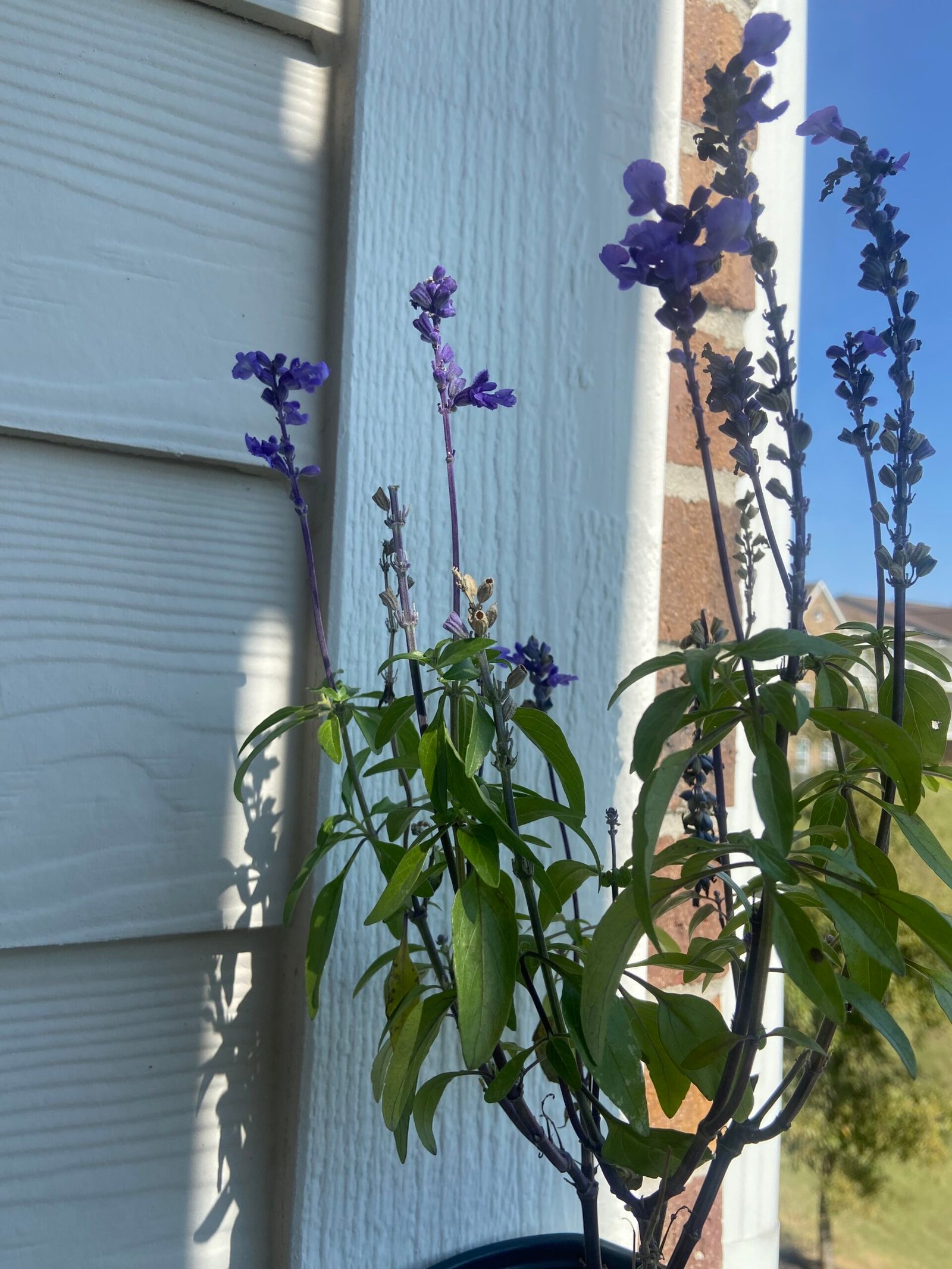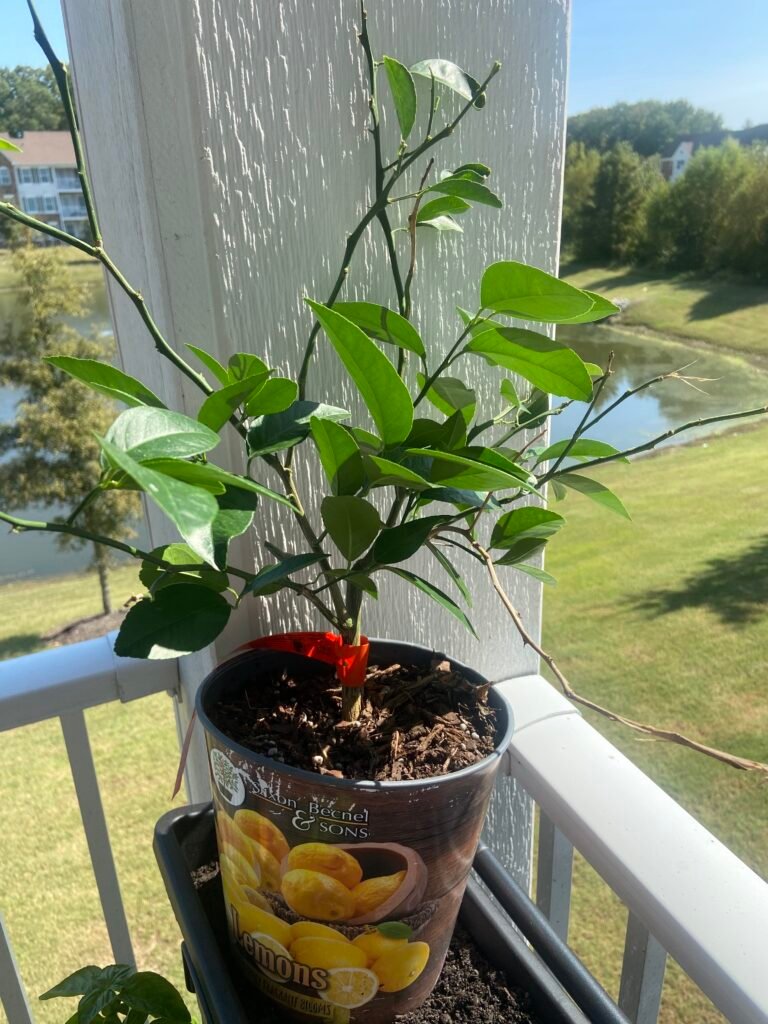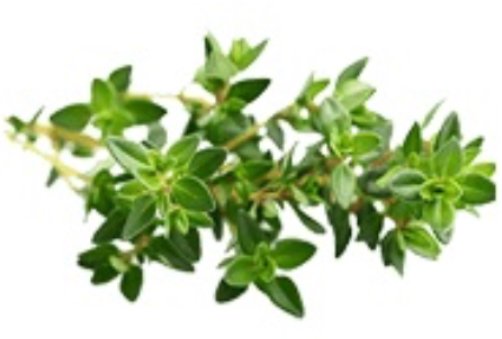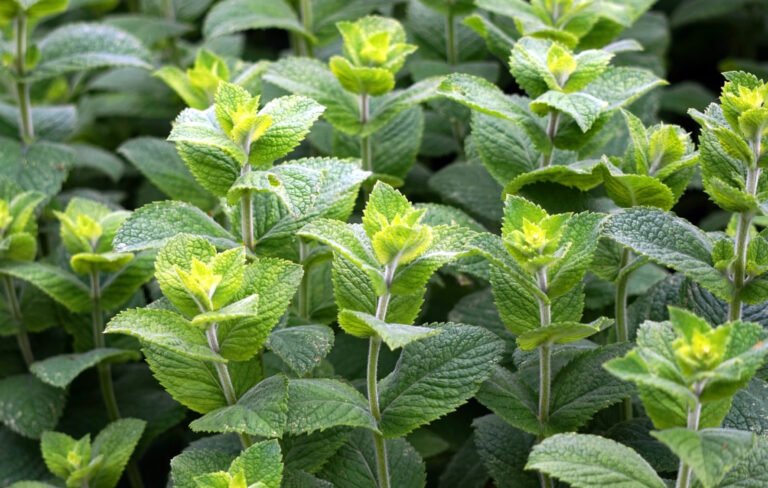When and how can we plant and care for salvia farinacea?


Key Points for Planting and Caring of Salvia Farinacea plant
- Location: Full sun, well-draining soil.
- Watering: Moderate; let the top inch dry out.
- Temperature: Ideal range of 60°F to 80°F (15°C to 27°C).
- Fertilizing: Use a balanced fertilizer at the start of the season.
- Pruning: Deadhead flowers and cut back in fall.
- Harvesting: Cut flowers in the morning for arrangements or drying.
Here’s a comprehensive guide on when and how to plant and care for Salvia farinacea (also known as blue salvia or mealy cup sage):
When to Plant
- Indoor: Start seeds indoors 6-8 weeks before the last frost date. Transplant outside after the last frost.
- Outdoor: Plant in the spring once the soil has warmed up and all risk of frost has passed.
How to Plant
Location
- Outdoor: Choose a location that receives full sun, ideally 6-8 hours of direct sunlight per day. It can tolerate some light shade.
- Indoor: Place in a bright, sunny spot or under grow lights.
Soil Requirements
- Prefers well-draining soil with a slightly acidic to neutral pH (6.0 to 7.0).
- Amend with organic matter or compost to improve drainage and fertility.
Container Planting
- Indoors: Use pots with good drainage holes, at least 10-12 inches in diameter.
- Outdoors: Use similar potting requirements, ensuring adequate drainage.
Planting
- Preparing: Prepare the soil by loosening it and incorporating compost for nutrients.
- Spacing: Space plants 12-18 inches apart if planting outdoors to allow for proper air circulation.
- Planting: Dig a hole larger than the root ball, place the plant in the hole, and backfill with soil. Water thoroughly after planting.
How to Care
Watering
- Water moderately; allow the top inch of soil to dry out between waterings. Avoid waterlogging.
- Once established, salvia is drought-tolerant.
Sunlight
- Requires full sun for optimal growth and flowering.
Temperature
- Thrives in temperatures between 60°F to 80°F (15°C to 27°C). It can tolerate heat but may need some protection in extreme conditions.
Fertilizing
- Use a balanced, slow-release fertilizer at the beginning of the growing season. Over-fertilizing can reduce flower production.
Pruning
- Deadhead spent flowers to encourage more blooms and prevent self-seeding.
- Cut back the plant in late fall to maintain shape and promote new growth in spring.
How to Manage Different Climates
Cold Climate
- In colder regions, consider planting in pots to bring indoors during winter.
- Mulch around the base in late fall to protect roots from freezing temperatures.
Warm Climate
- Ensure regular watering, especially during dry spells, as salvia can become stressed in extreme heat.
Pests and Diseases
- Generally pest-resistant, but watch for aphids and spider mites.
- Good air circulation helps prevent powdery mildew and other fungal diseases.
Harvesting
- Flowers can be cut for fresh arrangements or dried for later use. Harvest in the morning when blooms are fully open.
- Regular pruning helps maintain a tidy appearance and encourages new growth.
Key Points for Planting and Caring of Salvia Farinacea plant
- Location: Full sun, well-draining soil.
- Watering: Moderate; let the top inch dry out.
- Temperature: Ideal range of 60°F to 80°F (15°C to 27°C).
- Fertilizing: Use a balanced fertilizer at the start of the season.
- Pruning: Deadhead flowers and cut back in fall.
- Harvesting: Cut flowers in the morning for arrangements or drying.
By following these guidelines, you can successfully grow and care for Salvia farinacea!





